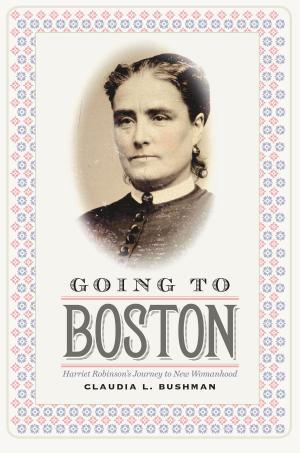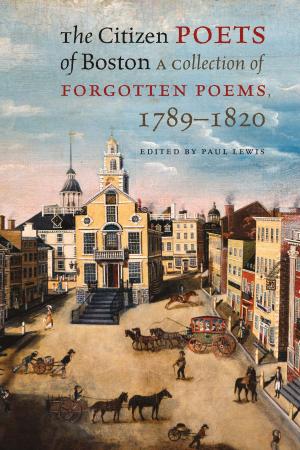The Golden Age of Boston Television
Nonfiction, Social & Cultural Studies, Social Science, Cultural Studies, Popular Culture| Author: | Terry Ann Knopf | ISBN: | 9781512601046 |
| Publisher: | University Press of New England | Publication: | June 6, 2017 |
| Imprint: | University Press of New England | Language: | English |
| Author: | Terry Ann Knopf |
| ISBN: | 9781512601046 |
| Publisher: | University Press of New England |
| Publication: | June 6, 2017 |
| Imprint: | University Press of New England |
| Language: | English |
There are some two hundred TV markets in the country, but only one—Boston, Massachusetts—hosted a Golden Age of local programming. In this lively insider account, Terry Ann Knopf chronicles the development of Boston television, from its origins in the 1970s through its decline in the early 1990s. During TV’s heyday, not only was Boston the nation’s leader in locally produced news, programming, and public affairs, but it also became a model for other local stations around the country. It was a time of award-winning local newscasts, spirited talk shows, thought-provoking specials and documentaries, ambitious public service campaigns, and even originally produced TV films featuring Hollywood stars. Knopf also shows how this programming highlighted aspects of Boston’s own history over two turbulent decades, including the treatment of highly charged issues of race, sex, and gender—and the stations’ failure to challenge the Roman Catholic Church during its infamous sexual abuse scandal. Laced with personal insights and anecdotes, The Golden Age of Boston Television offers an intimate look at how Boston’s television stations refracted the city’s culture in unique ways, while at the same time setting national standards for television creativity and excellence.
There are some two hundred TV markets in the country, but only one—Boston, Massachusetts—hosted a Golden Age of local programming. In this lively insider account, Terry Ann Knopf chronicles the development of Boston television, from its origins in the 1970s through its decline in the early 1990s. During TV’s heyday, not only was Boston the nation’s leader in locally produced news, programming, and public affairs, but it also became a model for other local stations around the country. It was a time of award-winning local newscasts, spirited talk shows, thought-provoking specials and documentaries, ambitious public service campaigns, and even originally produced TV films featuring Hollywood stars. Knopf also shows how this programming highlighted aspects of Boston’s own history over two turbulent decades, including the treatment of highly charged issues of race, sex, and gender—and the stations’ failure to challenge the Roman Catholic Church during its infamous sexual abuse scandal. Laced with personal insights and anecdotes, The Golden Age of Boston Television offers an intimate look at how Boston’s television stations refracted the city’s culture in unique ways, while at the same time setting national standards for television creativity and excellence.















